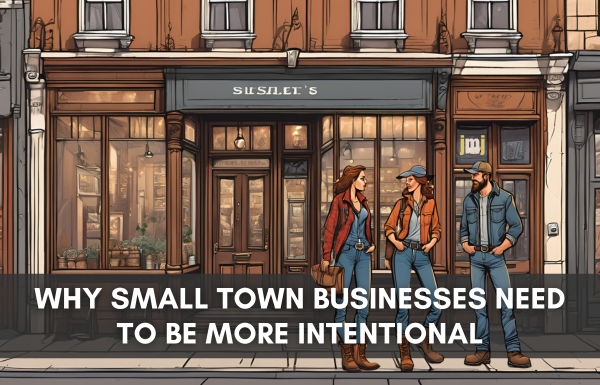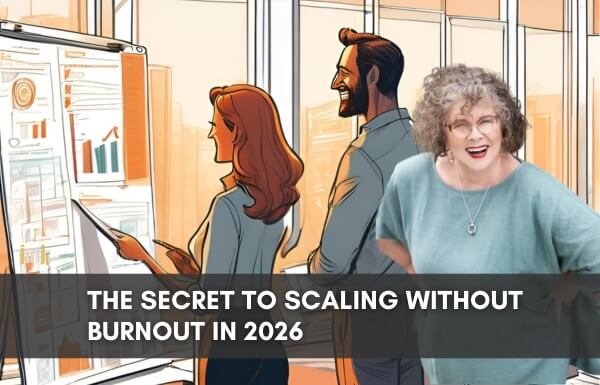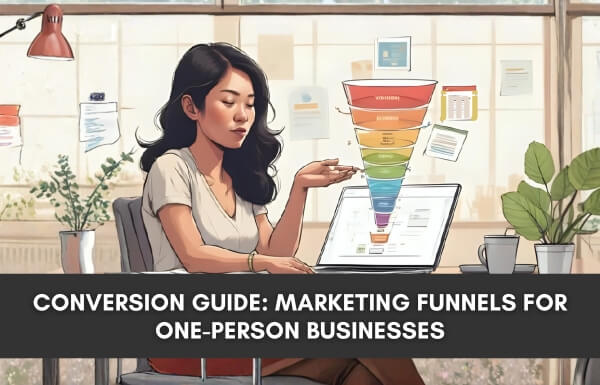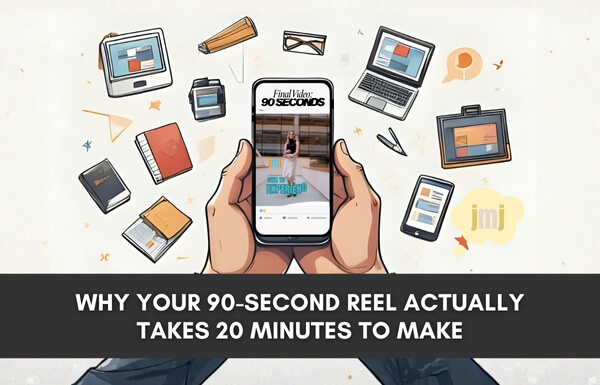There is a reason small town businesses need to be more intentional. So, what do I mean by that? One of the most significant changes I made to how I started my business day was to own it and not let business drive me to be reactionary.
At JMJ, many clients seek bespoke services that specifically support their business with all sorts of back-office tasks, processes, and system requirements. Often, I would find myself so busy being reactionary that I was missing the relational and intentional side of my business. While my team worked in this space, I only let go enough to focus on this area once I made a significant shift.
Here’s what I did, ‘Instead of opening my email first thing every morning, I opened my calendar’. By doing this, I focused first on what needed to be done that day and could see where my time would be spent for the coming week. I block out time for meetings and projects, whether creating content, working on a new service offering, updating my website, reconciling my accounts, or doing the stuff that only I can do as the business owner.
While running a store-based business in a small town is different, the same principles apply. You open your shop door, turn the lights on, turn on your EFTPOS, fire up your computer, or do whatever else you need before a customer walks through the door. This would be grouped as intentional as part of your morning start-up. Then, you move from intentional to reactional to deal with your customers until you move back into the intentional mode as you go through the end-of-day processes before going home. While you have to be reactional with your customers because each one is different, it’s what you do with the time between the customers that can make the day more productive and benefit your business in the long term.
I’m not talking about sweeping the floors or checking your social media while you wait for someone to walk in the door; I’m talking about your professional development and business administration. What is happening in the back of your business that requires you to put in some time? If you don’t have a shopfront online, your market size is limited—you know that—but you can work on ways to improve by finding time to build community relationships, better manage your resources, and target your efforts to maximise your impact.
Planning your small town business with intention means that you are more likely to develop and build sustainable operations and be able to adapt in a way that aligns with your business goals.
So next time you’re having a slow day, instead of closing the shop early, spend your business day working on being more intentional instead of reactionary.
If you need help starting this process, contact us and book a call and let’s have a chat about how you can implement being more intentional in your business.
If you live in the Mallee region of Victoria, we would love to welcome you to our Mallee Small Business Resource community on Facebook, where a number of small business owners are already connecting and sharing experiences about being a small business owner in small population towns. Join us here.





